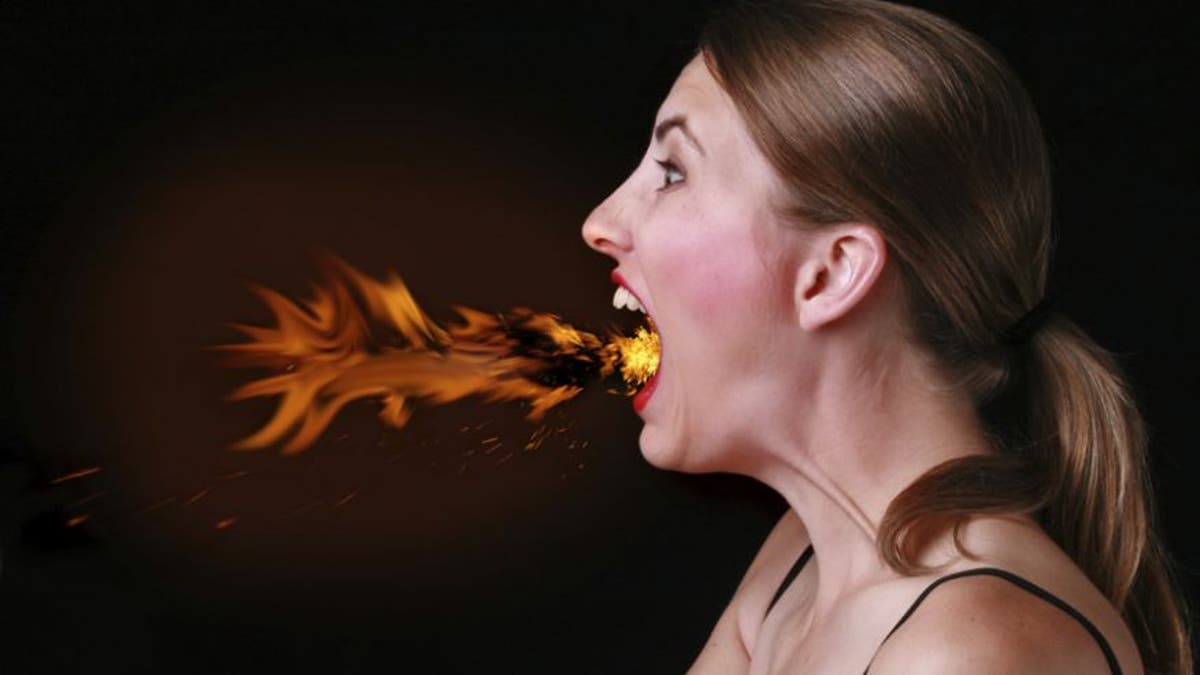
Everyone has a case of halitosis now and then. For some people, the condition can be chronic—and antisocial. Matthew Messina, a dentist in Cleveland, Ohio, and a spokesman for the American Dental Association, explains what is really behind bad breath and why a glass of red wine may lead to dragon breath.
A Haven for Bacteria
The human mouth is anything but sterile. It contains about 600 types of bacteria that thrive on trapped food particles, causing most cases of bad breath, Dr. Messina says. Brushing the teeth and flossing at least once a day are well-known ways to keep bacterial counts down and food particles from sticking around. Many people overlook the tongue, though, and Dr. Messina advises brushing the back of the tongue, or using a scraper, to dislodge bacteria and freshen the mouth.
When brushing after a meal isn't possible, Dr. Messina encourages his patients to pop a stick of gum in their mouth to dislodge food particles and increase the flow of bacteria-reducing saliva. "It has to be a sugarless version, since sugar can encourage tooth decay, which can lead to more bad smells," he says.
A challenge is how to know when your smell has turned offensive. "It's difficult to judge our own breath," says Dr. Messina. "Even breathing into your hand and sniffing doesn't work so well. But if you can smell your own breath, it must be pretty bad."
Beware What You Eat—and Drink
Onions and garlic are often cited as perpetrators of bad breath, but many other food smells also can linger. And if food particles stick around in the mouth, this encourages an increase of bacteria, leading to even more stinky stenches. Some people experience elevated levels of bacteria when they eat cheese, says Dr. Messina, while others notice halitosis after drinking wine. "Red wines will sometimes create a coating on top of the teeth and give the bacteria something to hold on to," he says.







































